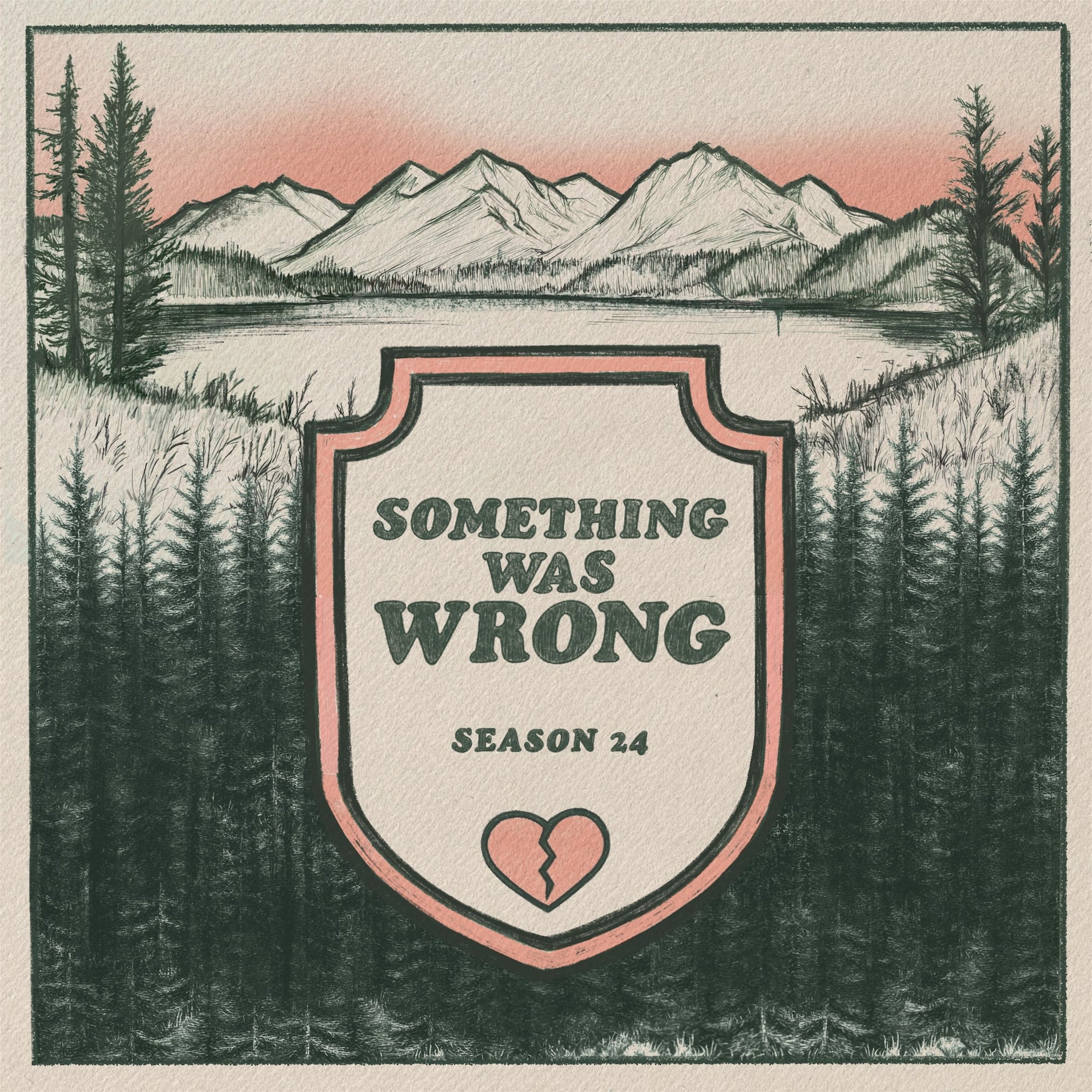S23 E2: Life Threatening Emergency
*Content warning: birth trauma, medical trauma and neglect, death, infant loss, pregnancy loss, SIDS, postpartum depression.
*Free + Confidential Resources + Safety Tips: somethingwaswrong.com/resources
*Sources:
American College of Nurse Midwives
American College of Obstetricians and Gynecologists (ACOG)
APGAR Score
https://medlineplus.gov/ency/article/003402.htm
Birth Trauma
https://my.clevelandclinic.org/health/diseases/birth-trauma
Breech Baby
https://my.clevelandclinic.org/health/diseases/21848-breech-baby
Intravenous nutrient therapy: the "Myers' cocktail"
https://pubmed.ncbi.nlm.nih.gov/12410623/
March of Dimes
https://www.marchofdimes.org/peristats/about-us
Maternal placental abnormality and the risk of sudden infant death syndrome
https://pubmed.ncbi.nlm.nih.gov/10192307/
Midwifery Education Accreditation Council (MEAC)
National Midwifery Institute
https://www.nationalmidwiferyinstitute.com/midwifery
North American Registry of Midwives (NARM)
Preeclampsia
https://www.mayoclinic.org/diseases-conditions/preeclampsia/symptoms-causes/syc-20355745
Pseudocholinesterase deficiency
State investigating Dallas birth center and midwives, following multiple complaints from patients
Succinylcholine injection
https://my.clevelandclinic.org/health/drugs/20755-succinylcholine-injection
Sudden infant death syndrome (SIDS)
Tawagi, George. "Compound Presentations." Oxorn-Foote Human Labor & Birth, 6e Eds. Glenn D. Posner, et al. McGraw-Hill Medical, 2014,
https://obgyn.mhmedical.com/content.aspx?bookid=1247§ionid=75163840.
Umbilical Cord Prolapse
https://my.clevelandclinic.org/health/diseases/12345-umbilical-cord-prolapse
Texas Department of Licensing and Regulation (TDLR)
Zucker School of Medicine, Amos Grunebaum, MD
https://faculty.medicine.hofstra.edu/13732-amos-grunebaum/publications
*SWW S22 Theme Song & Artwork:
Thank you so much to Emily Wolfe for covering Glad Rag’s original song, U Think U for us this season!
Hear more from Emily Wolfe:
https://www.emilywolfemusic.com/
Glad Rags: https://www.gladragsmusic.com/
The S23 cover art is by the Amazing Sara Stewart
Follow Something Was Wrong:
- Website: somethingwaswrong.com
- IG: instagram.com/somethingwaswrongpodcast
- TikTok: tiktok.com/@somethingwaswrongpodcast
Follow Tiffany Reese:
- Website: tiffanyreese.me
- IG: instagram.com/lookieboo
See Privacy Policy at https://art19.com/privacy and California Privacy Notice at https://art19.com/privacy#do-not-sell-my-info.
Press play and read along
Transcript
Transcript is processing—check back soon.


